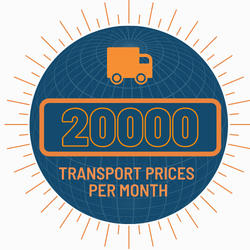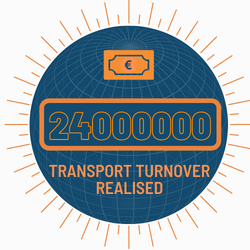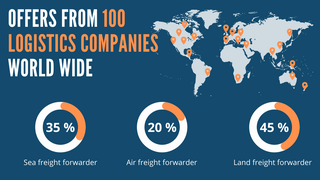



Because dry bulk goods are not individually packaged goods, the goods lie in the dry bulk container, silo or similar without protection. Therefore, it is immensely important to thoroughly clean the container for transporting these goods in order to prevent contamination. This is the only way to ensure quality for dry bulk. The transport carrier must be examined very thoroughly for any leaks before shipping dry bulk. Even the smallest cracks can contaminate goods from the outside or cause goods to trickle out of the transport carrier. Only if the dry bulk container or silo is leak-proof can the bulk goods be delivered without any problems.
Another issue is weight. Some roads and means of transport have weight restrictions for your freight. Thus, when it comes to dry bulk, you have to bear in mind that different bulk goods do not always weigh the same. This means that you may be able to fill an entire container to the brim with one type of goods, but only three quarters of the container with another.
Your Advantages of Bulk Transports with Freightfinders:
|
✓ |
Compare forwarders and means of transports for cheap offers |
|
✓ |
Receive a daily price report for your requests |
|
✓ |
EU promoted network of experienced freight forwarders |
|
✓ |
Full Service: customs, insurance, transport |
